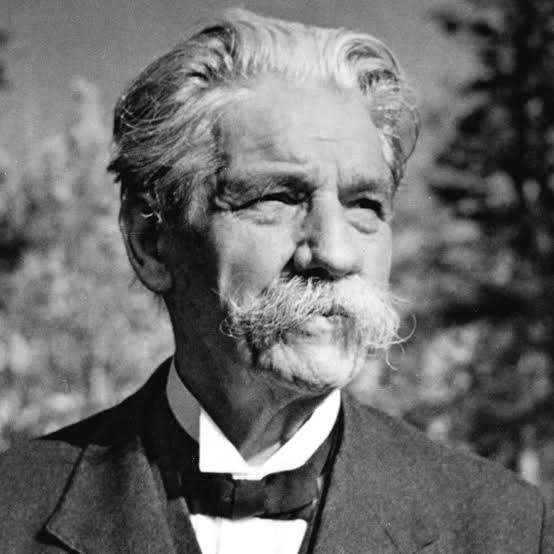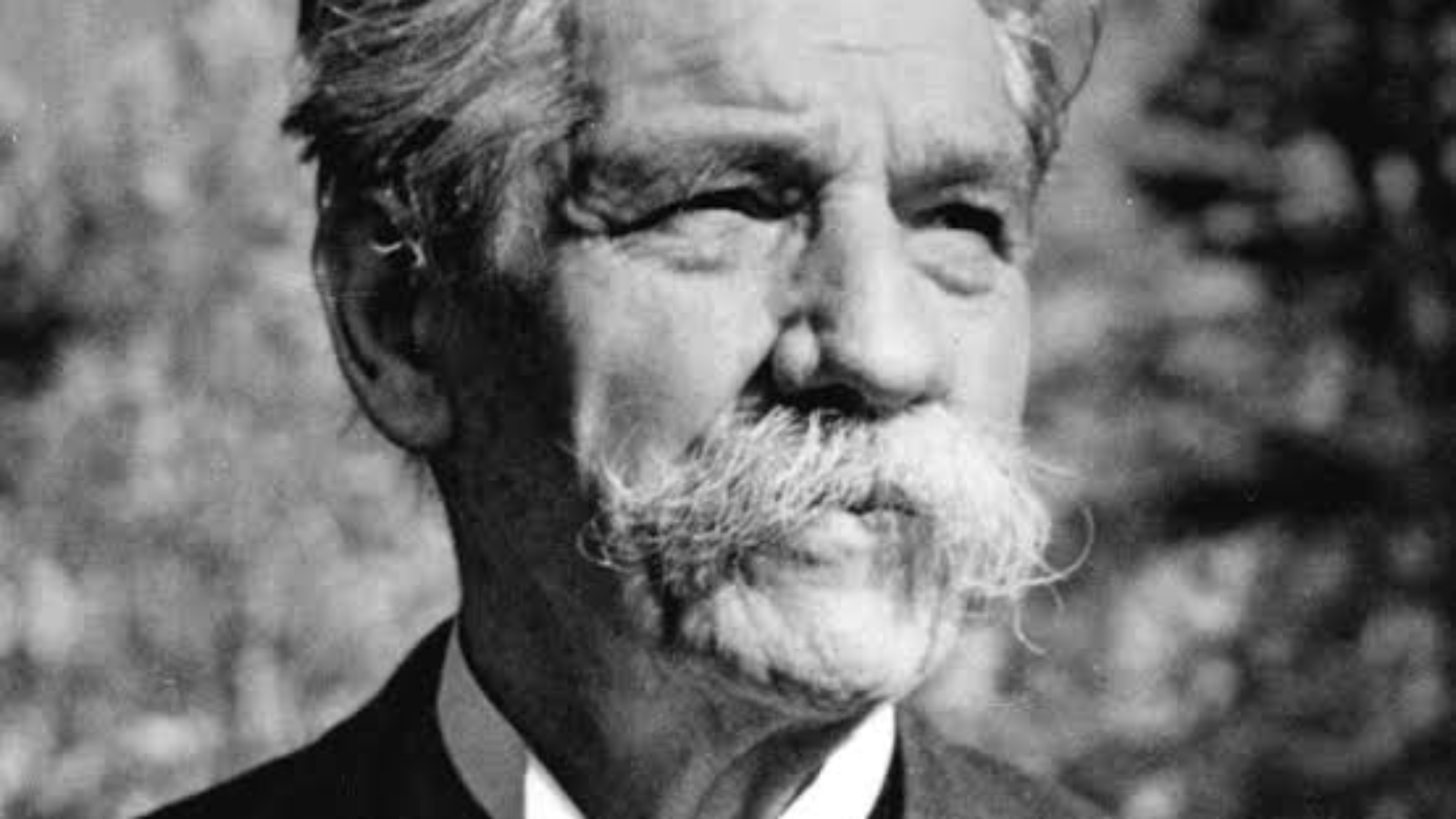
In the early 20th century, while the world’s intellectuals debated abstract ethics in their ivory towers, one man packed up his life, studied medicine from scratch, and shipped himself to the jungle.
Ever a go-getter, Albert Schweitzer didn’t wait for someone else to fix the world. He rolled up his sleeves and did it himself.
The Philosopher Who Became a Doctor
Why He Gave It All Up
A Nobel-Worthy Life
He Could’ve Stayed Comfortable. He didn't.
Why Albert Schweitzer Still Matters
Want to Know More?
Albert Schweitzer’s biography isn’t just about one man. It’s about a mindset that tells us that education isn’t an end but a tool for service. That the most inspirational historical figures are those who do the work with or without recognition.
At Global Edutopia, we share stories like these because they remind us the world doesn’t need more applause. It needs more action and more people willing to do what needs to be done.
Want to learn how education today can foster the next Schweitzer? Explore our Real Heroes series, and let’s grow a generation that acts with reverence for life.

